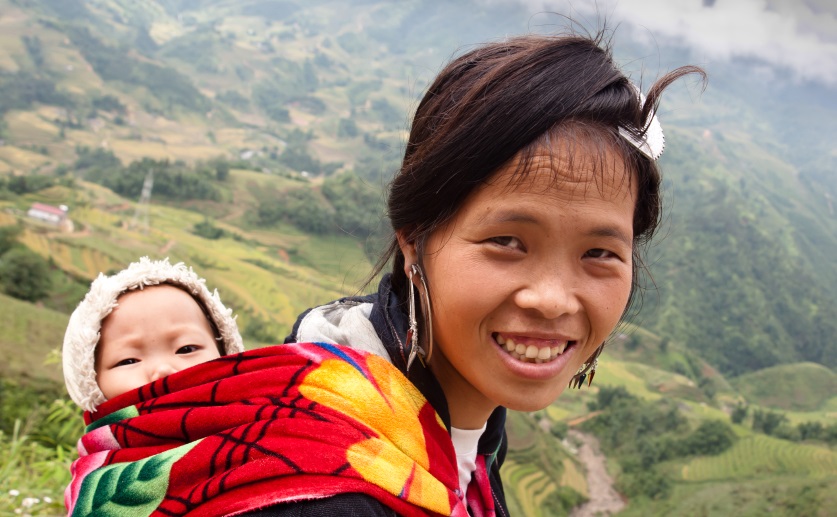
There are approximately 300 million Indigenous People worldwide. Although they make up roughly 4.5 percent of the global population, they account for about 10 percent of the poor. Indigenous Peoples safeguard within their traditional territories about 80 percent of the planet’s biodiversity, yet they legally own less than 11 percent of these lands (World Bank).
The State in the developed world takes its responsibility to protect Human Rights seriously, through the implementation of the United Declaration of Human Rights. However, Business lags behind in its responsibility to respect Human Rights. A recent review of how the top 100 UK Companies addressed Human Rights in their annual reports showed the majority of companies ignored Human Rights.
This lack of commitment has been in part recently addressed by the EU. On 15 April 2014 the European Parliament adopted the directive on disclosure of non-financial and diversity information. Companies will need to disclose information on policies, risks and outcomes as regards environmental matters, social and employee-related aspects, respect for human rights, anti-corruption and bribery issues, and diversity in their board of directors. However the Directive leaves significant flexibility for companies to disclose relevant information in the way that they consider most useful, or in a separate report.
If we draw comparisons with how multinational companies address Anti-bribery and Corruption, (ABC) with Human Rights and with Corporate Social Responsibility (CSR) we see a clear sliding scale. In the UK the Anti-bribery and Corruption Act imposes legal penalties and, whilst there is some degree of legal recourse for those whose human rights are adversely affected, it is tortuous at best. With respect to reporting Human Rights and CSR performance in October 2013 the UK Government provided guidance on Human Rights reporting and for CSR the UK Government consultation recently closed, concluding that it remains a voluntary process.
It is no surprise then that today ABC receives the most board level attention from Business in the UK and then CSR and then Human Rights. CSR has been around as a discipline for quite a while and there is considerable debate about the cost benefit of investing in CSR, however increasingly the arguments in are favour of benefit rather than cost. On the other hand adverse Human Rights impact, caused in the international environment due to UK based organizations, is subject to local legal recourse but direct legal penalty under UK law is difficult to achieve.
So back to Indigenous Peoples – the United Nations Declaration on the Rights of Indigenous Peoples was adopted by the United Nations General Assembly on 13 September 2007 providing a standard, but not legal recourse. The World Bank revised its policy in April 2013 providing guidance on issues such as obtaining Free Prior and Informed Consent from Indigenous People, prior to approving investment.
How can Indigenous Peoples, in many cases disenfranchised custodians of Valued Environmental and Social Components, protect their heritage? Back to the lack of meaningful legal recourse; if Human Rights are broken, the consequence is felt at the local project level. Whilst NGOs, twitter and campaigns can serve to inter-nationalize issues and impact on company reputation and share price – there is still no meaningful legal recourse – why not?
Rather than focus on the lack of legal recourse, what are the Indigenous Peoples doing for themselves?
The UN launched the United Nations Indigenous Peoples’ Partnership (UNIPP) in 2011 to promote and protect the rights of indigenous peoples, aiming to strengthen their institutions and ability to fully participate in governance and policy processes at the local and national levels. The United Nations World Conference on Indigenous Peoples (WCIP) will take place on September 22-23, 2014 in New York. One of the many planned outcomes: “contribute to the realization of the rights of indigenous peoples, pursue the objectives of the United Nations Declaration on the Rights of Indigenous Peoples and promote the achievement of all internationally agreed development goals.”
This meeting is a major stepping stone for Indigenous Peoples and will contribute to a change in how multinational companies face up to their responsibilities – follow it, and help influence change, on twitter at WCIP2014







